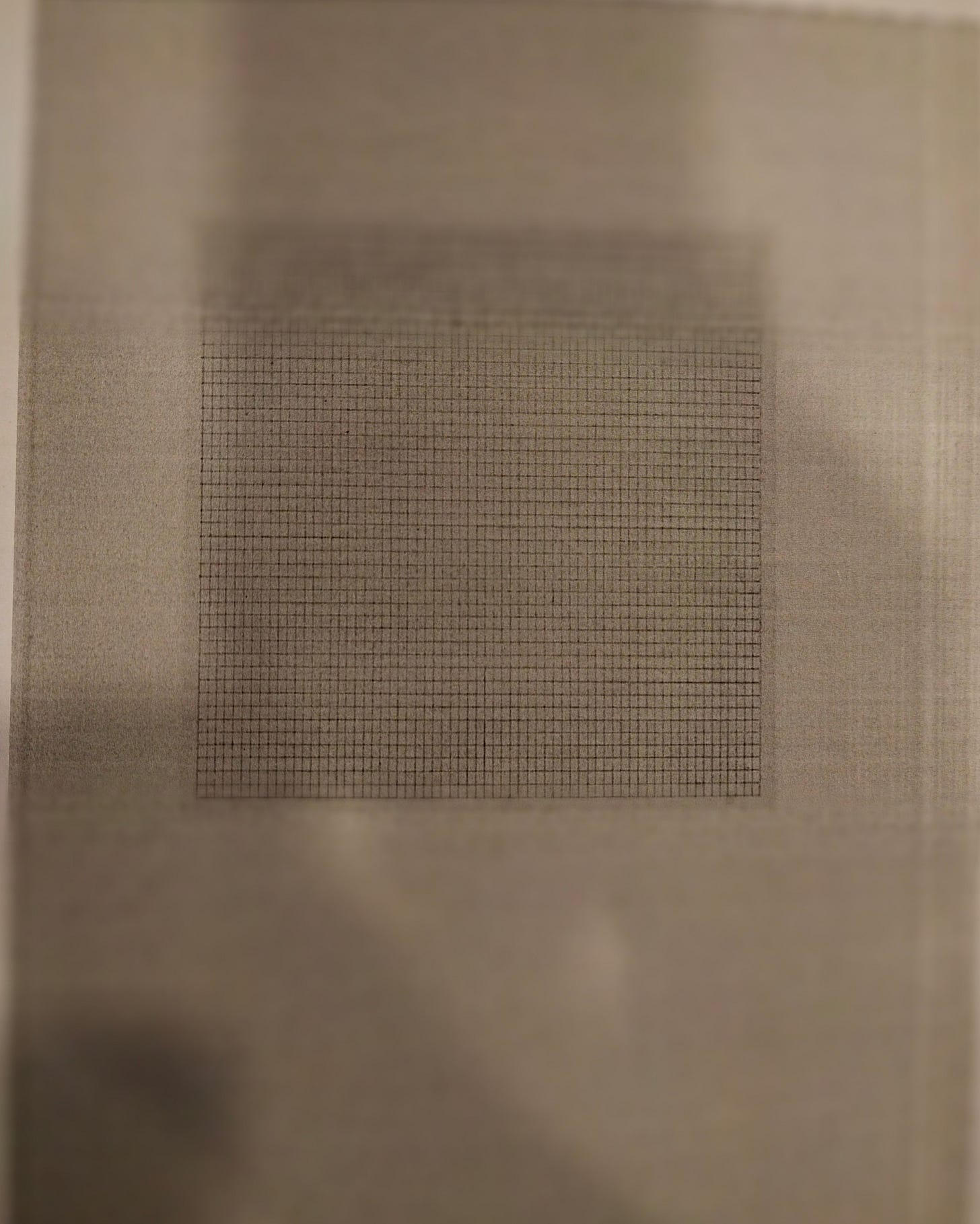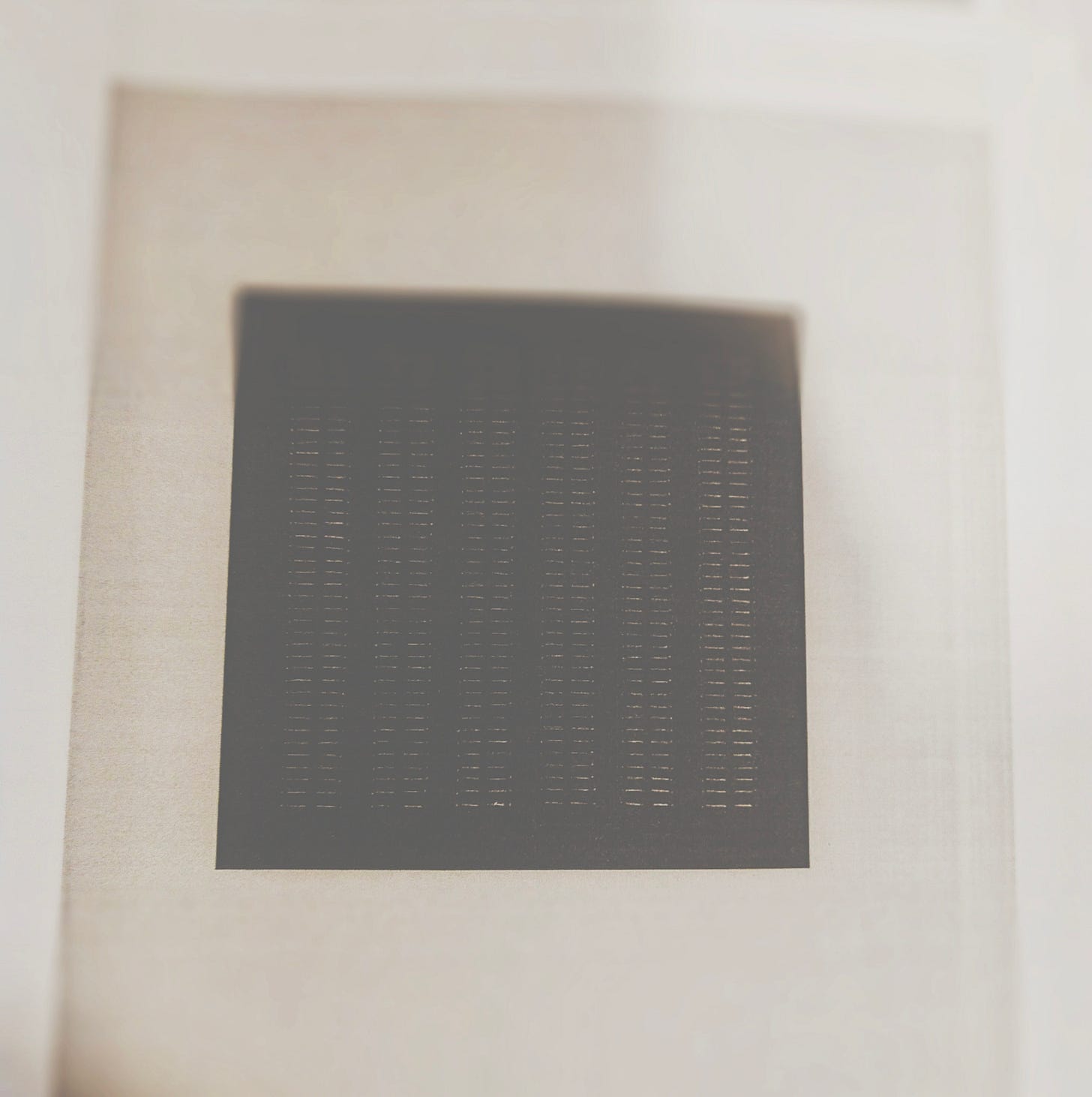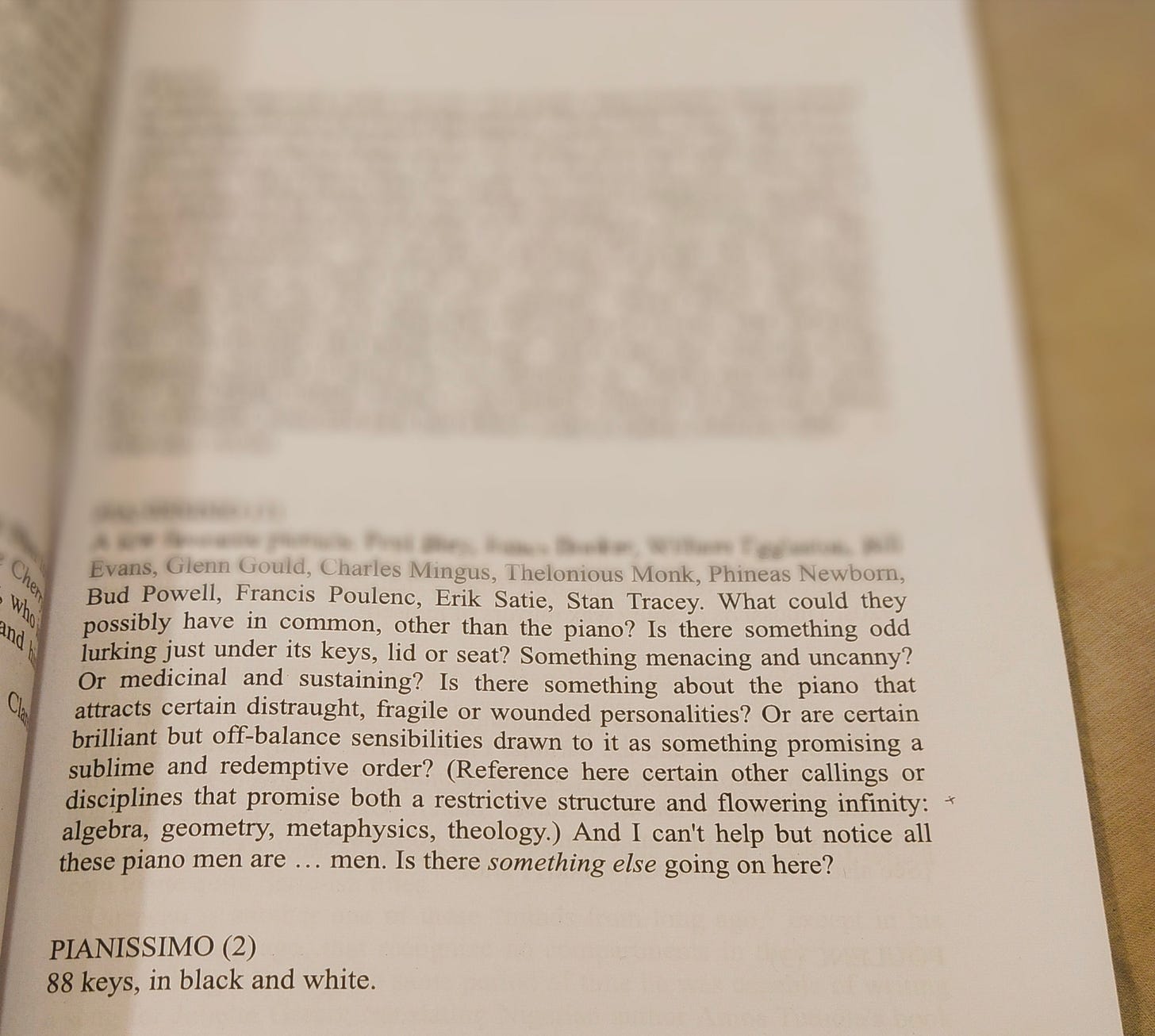Ecstatic minimalism
“So I was welcomed by the consolations of human milk; but it was not my mother or my nurses who made any decision to fill their breasts, but you who through them gave me infant food, in accordance with your ordinance and the riches which are distributed deep in the natural order. You also granted me not to wish for more than you were giving, and to my nurses the desire to give me what you gave them. For by an impulse which you control their instinctive wish was to give me the milk which they had in abundance from you. For the good which came to me from them was a good for them; yet it was not from them but through them. Indeed all good things come from you, O God, and 'from my God is all my salvation.'”
—Augustine's Confessions
|||
He gave away what he didn't need.
In a way it was a simple act, a small gesture (to who?). We thoughtlessly discard the things we no longer want, their very presence an awful reminder of our mistaken desires. Harder to let go of what we still want, even though the intensity of the desire has cooled with the passing of time.
And so you look back at your desires and needs and the things in which they came to rest and you wonder to yourself: who am I?
||
The simple things, no longer simple: a mark of your estrangement. Hold your breath, don't give in. Without tradition or title, love helped you find your way.
The idol of the day is to believe only in human measures of space and time. Your inability to communicate with anyone over 30 and less than 45 strikes you more than ever. It must be gratefully accepted. As you grow older you think more carefully about who is a witness to your being (Denise) and, ideally, become more careless, free-wheeling.
§§§
Wagner’s Ring Cycle.
Satie: a few bare notes flung into the abyss of time.
[‘The world is but a ring thrown into a desert’— a Prophetic saying].
|
Pure thought is not really thought.
||
The Satie book is sometimes profound until you realize it's trivial; trying to say something deep about the shallows adds little weight. The best minds wasted on ephemera (academia specializes in this). In former times, you think, there would have been healthy outlets for ascetics, contemplatives and goths. Now, in a rationalistic and ‘godless’ world, such people must dabble in all kinds of marginal (and sometimes destructive) pursuits.
~
I'm warming to the Satie book because Penman keeps on comparing Satie with people I'm drawn to: Walser, Pessoa, J. Cornell. Also, you realize the sounds and sights of a place, the gestures, styles of being and typical phrases he was familiar with are no longer available to us. And that really hits home as you begin to see your own life as somehow very different from the people around you. In less than a generation current values, attitudes and norms are almost unrecognizable. And all that not because of war or a great cataclysm. Time is out of joint. Which is why there's an immense pleasure in contemplating the stars, sitting under a tree, observing the passing of the seasons. (Something here reminds of Yourcenar…the importance of finding the essential and keeping with it, letting other things fall away).
When I think about it: my grandfather (who I only briefly met) was born in the 1890s- a time when Nietzsche was just losing his mind and Satie was composing his strange music. By then he wasn't saying much. Just kept repeating the word ‘thoba’ (God forgive me). He would sit in the dark shade in the fierce and brilliant light, he himself becoming a shadow day by day. Finally, recognizing me, he said something in English. It was an old voice, from a bygone age, something one might hear on a scratchy old record. It's hard to convey the strange mixture of confidence and reserve in the words he spoke. The tone was something like: “ good show, keep at it.”



